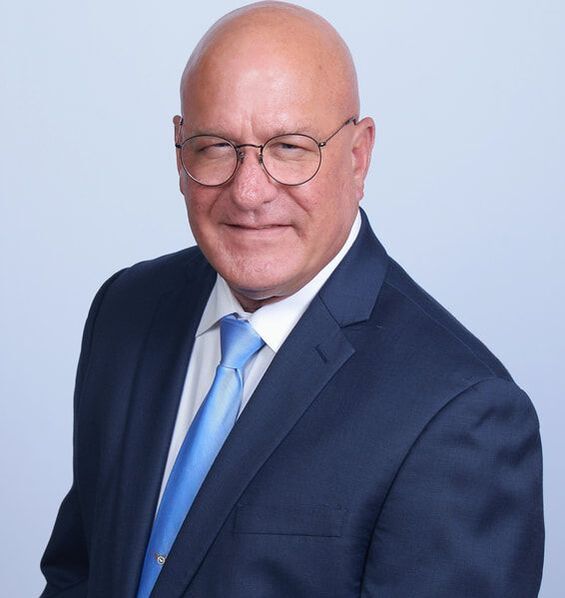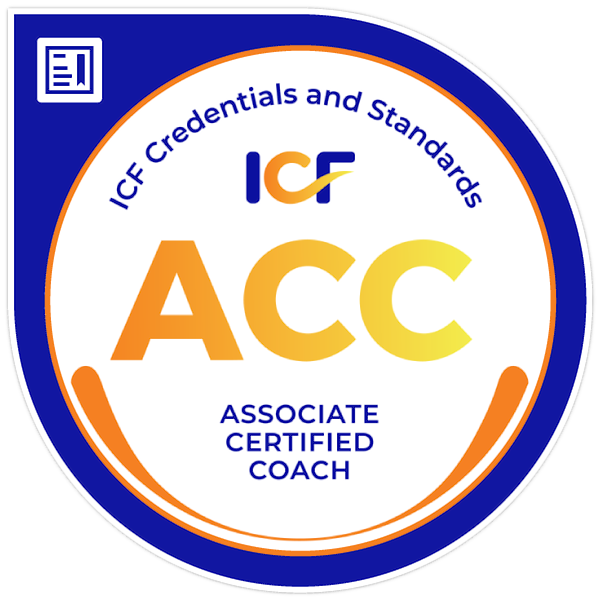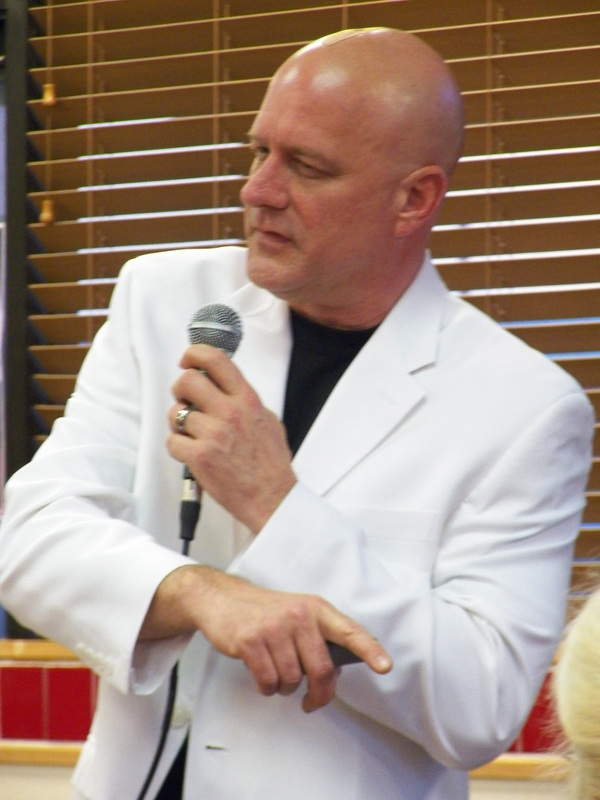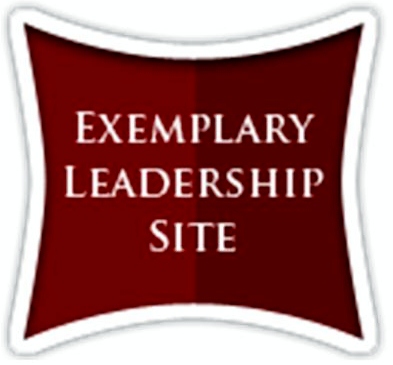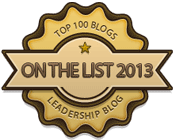|
Inspiration and lessons for your leadership journey! “Emotions transform energy; energy creates movement; movement is change; and change is the essence of life.” Did you know?
These dismal revelations about change management success and failure come right out of the research of real organizations, real projects, real managers, and real leaders. If we were grading leaders and managers on their change management report card, they would get a 'C,' at best. And wouldn’t you agree that, like life, change is arguably also the essence of leadership? While there are many change management models, if there is one thing that would help your organization dramatically improve the quality of outcomes, it is empowering interface. That’s what researchers from the University of Bath and George Washington University called it.[5] Empowering interface occurs when executive leadership empowers middle management to interface comfortably between executives and frontline employees breaking down silos and enabling both macro and micro variables to change and cascading empowerment across the firm. This process requires executive transparency and a "change sponsor" or "change champion." What does it mean? It means that executives need to change the way they look at change. In order to be successful at change leadership and management, you must break down the silos between executive and frontline levels using middle management, create a safe climate, and generate empowerment and trust through transparency and responsiveness. If there is not open two-way communication and action, change efforts could be doomed. Empowering middle management, especially with increasing discourse between executives and frontline, greatly increases the odds of success. Macro initiatives designed solely by executives (no middle management or frontline input) creates a “closed system” or silos and spreads disempowerment (through rumors, false assumptions, and miscommunication) and that cultivates strong resistance. Put another way, when change initiatives are rammed down people's throats and without involvement, expect contempt, defiance, subversion, and failure. Successful change leadership and management are all about communication, relationships, empowerment, respect, and responsiveness. Sounds a lot like love, if you ask me. Work-Out and CAP Jack Welch and Steve Kerr of GE developed one of the most well-known and successful change models in the late 80s and early 90s and used it successfully at GE.[6] They called it "Work-Out." Similar to a “time out,” those on a change project take a "work-out" from typical bureaucratic practices and behaviors and instead rely on continuous focus, efficient decision-making, and accelerated implementation. The Change Acceleration Process (CAP) part of Work-Out became popular because of its effectiveness and has since been marketed to many other institutions and industries. It is no coincidence that a significant portion of CAP – the first four (of seven) steps – are exactly what the researchers describe as empowering interface above. They call them: 1. Leading change 2. Creating a shared need 3. Shaping a vision 4. Mobilizing commitment The last steps in CAP are: 5. Making change last 6. Monitoring progress 7. Changing systems and structures Research and Business Experiences Change is at the very essence of life and leadership and “resistance to change” doesn’t have to be a given - at least not strong resistance. Both the research and successful organizational change models like CAP are telling us that when people are involved in the change process, not only does cooperation increase, but the quality of the outcome dramatically improves, as well. Like Wayne Dyer tells us in today's video, change the way you look at change and your change management and outcomes will change, too. How do you effect change with those you lead and your team? What is the change management and leadership model and philosophy were you work or lead? Do you even have it defined for your organization? What steps can you take today to improve it? [1] Strebel, P. (1996, May/June). Why do employees resist change? Reprinted in Harvard Business Review on change in 1998. Boston: Harvard Business School Publishing, pp. 139–157. [2] Farias, G., & Johnson, H. (2000). Organizational development and change management: Setting the record straight. Journal of Applied Behavioral Science, 36, 376–379. [3] Dinkin, D. (2000). Unlocking the value of M & A. The Banker, 150(895), 118. [4] Appelbaum, S.H., Everard, A., & Hung, L.T.S. (1999). Strategic downsizing: Critical success factors. Management Decision, 37(7), 535–552. [5] Raelin, J.D. & Cataldo, C.G. (2011). Whither middle management? Empowering interface and the failure of organizational change. Journal of Change Management, 11(4), pp.481-507. [6] Von Der Linn, B. (2009). Overview of GE’s Change Acceleration Process (CAP). Retrieved August 24, 2013, from Bob Von Der Linn’s HPT Blog: http://bvonderlinn.wordpress.com/2009/01/25/overview-of-ges-change-acceleration-process-cap/ Bonus Video! If you like this week's blog, I encourage you to share it with your family, friends, and colleagues and join me on my journey to empower and inspire millions of people around the globe. Together we can spread words of Encouragement, Inspiration, Empowerment, and Loving Leadership! Together we can make a difference! Thank you and… Have an amazing journey today! Alan
0 Comments
Leave a Reply. |
Alan Mikolaj
Alan Mikolaj is a a professional, experienced, positive, and passionate speaker, leadership and organizational development consultant, change agent, author, and coach. He holds his Master of Arts degree in Clinical Psychology from Sam Houston State University. He is a certified graduate coach from Coaching Out of the Box and holds his ACC and membership with the International Coaching Federation (ICF). Free Discovery Conversation!
Impactful change starts with a conversation! Schedule your free, one-hour session by clicking here: Discovery Conversation with Alan
Or call or email: Contact Page In his third book, A Travel Guide to Leadership, Alan offers you simple, fundamental, and powerful lessons that have the power to transform you, your relationships, and your career.

Blog Archives
July 2024

Linked2Leadership
Ranked #1 Business Blog! |
|
CONTACT
TEL: 346-291-0216 EMAIL: [email protected] SCHEDULE TIME WITH ALAN Free Discovery Conversation with Alan |


